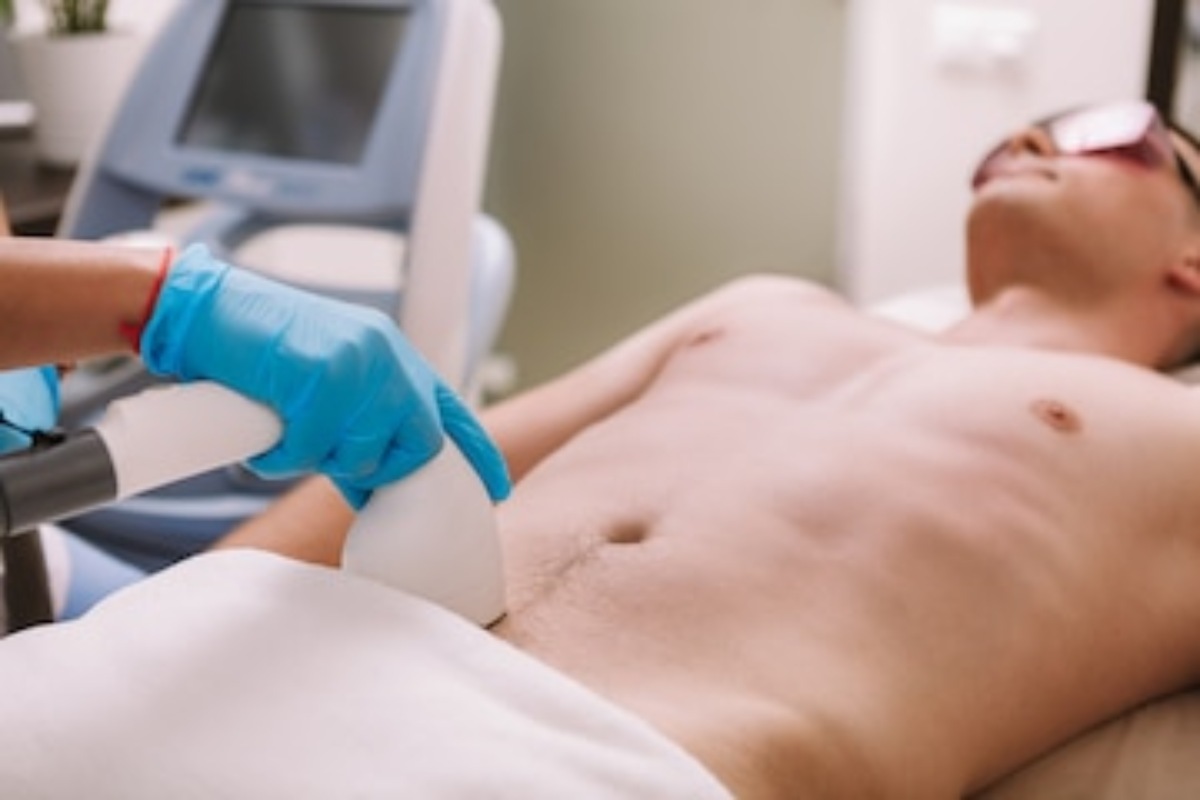Intense Pulsed Light (IPL) hair removal has become a popular method for achieving long-term hair reduction. It offers a convenient and relatively painless solution for individuals seeking to eliminate unwanted hair from various parts of their bodies. While IPL device is generally considered safe and effective when performed by trained professionals, like any medical or cosmetic procedure, it is not without risks and potential side effects. In this article, we will explore the potential IPL risks, complications, and side effects to help you make an informed decision about whether IPL hair removal is right for you.
Table of Contents
Understanding IPL Hair Removal
IPL hair removal is a non-invasive cosmetic procedure that uses broad-spectrum light to target and destroy the hair follicles, inhibiting future hair growth. The treatment is typically performed in a series of sessions over several weeks or months, with each session targeting a specific area of the body.
Risks and Complications
Skin Damage
One of the most common IPL complications is skin damage, particularly when the treatment is administered by an inexperienced or untrained individual. Burns, blisters, and scarring can occur if the IPL device is not properly calibrated or used incorrectly.
Hyperpigmentation
IPL can sometimes cause hyperpigmentation, where the treated area becomes darker than the surrounding skin. This is more likely to happen in individuals with darker skin tones, as the light energy can stimulate melanin production. If you are interested to by best quality IPL device at best price then here is the link to buy it at Ulike.
Hypopigmentation
Conversely, IPL can also lead to hypopigmentation, a condition where the treated area becomes lighter than the surrounding skin. This is often temporary but can be more noticeable in individuals with darker skin.
Skin Sensitivity
Some people may experience increased skin sensitivity following an IPL session. This can manifest as redness, swelling, or a sunburn-like sensation that usually subsides within a few hours to a few days.
Pain and Discomfort
While IPL is generally considered less painful than other hair removal methods like waxing or epilating, some individuals may find the treatment uncomfortable, particularly in sensitive areas.
Allergic Reactions
Although rare, allergic reactions to the IPL gel used during the procedure can occur. These reactions may include itching, rash, or hives.
Eye Damage
IPL devices emit intense light that can harm the eyes if not properly protected. Both the practitioner and the client must wear protective goggles to prevent eye damage.
Risk of Infection
Infection can occur if the IPL device or the treatment area is not adequately sanitized. Proper hygiene and a clean environment are essential to minimize this risk.
Side Effects
In addition to the potential complications mentioned above, some individuals may experience side effects after IPL hair removal:
Temporary Redness and Swelling
Mild redness and swelling in the treated area are common side effects and usually subside within a few hours.
Crusting
In some cases, treated hair follicles may form tiny crusts or scabs that resolve on their own.
Itching
Itching can occur as the treated hair begins to shed, but this is typically a temporary side effect.
Temporary Hair Shedding
After an IPL session, the treated hair may appear to grow back, but it’s often just shedding from the damaged follicles. This temporary regrowth usually falls out within a few weeks.
Discomfort During Treatment
Some individuals may experience a sensation of heat or tingling during the IPL procedure, which is generally manageable.
Conclusion
IPL hair removal is generally considered safe and effective when performed by experienced and trained professionals. However, like any cosmetic procedure, it comes with potential risks, complications, and side effects that individuals should be aware of before deciding to undergo treatment. To minimize these risks, it’s crucial to choose a reputable provider, follow pre- and post-treatment guidelines, and ensure the practitioner is qualified and experienced. If you are considering IPL hair removal, consult with a licensed dermatologist or trained technician who can assess your skin type and discuss the potential risks and benefits of the procedure based on your unique circumstances.

